12 GPTs for Process Design Powered by AI for Free of 2026
AI GPTs for Process Design are advanced generative pre-trained transformers tailored for the specific needs of process design, a discipline focused on creating efficient and effective processes within various domains such as manufacturing, software development, and business operations. These tools leverage the power of GPT technology to analyze, generate, and optimize process designs, thereby assisting users in creating more streamlined and productive workflows. Their relevance lies in their ability to understand and manipulate complex process-related data, making them invaluable for designing systems that are both innovative and practical.
Top 10 GPTs for Process Design are: Chemical Engineering Design Tutor,My Arena Simulation GPT,Request for Proposal Guide,ChemEng AI,Chemical Engineering,Azeotrope,BPMN Helper,泛微学习专家,Atomic checklists, by www.ControlOwner.com,Aspen Broo
Chemical Engineering Design Tutor
Elevate Your Design with AI-Powered Engineering Insights
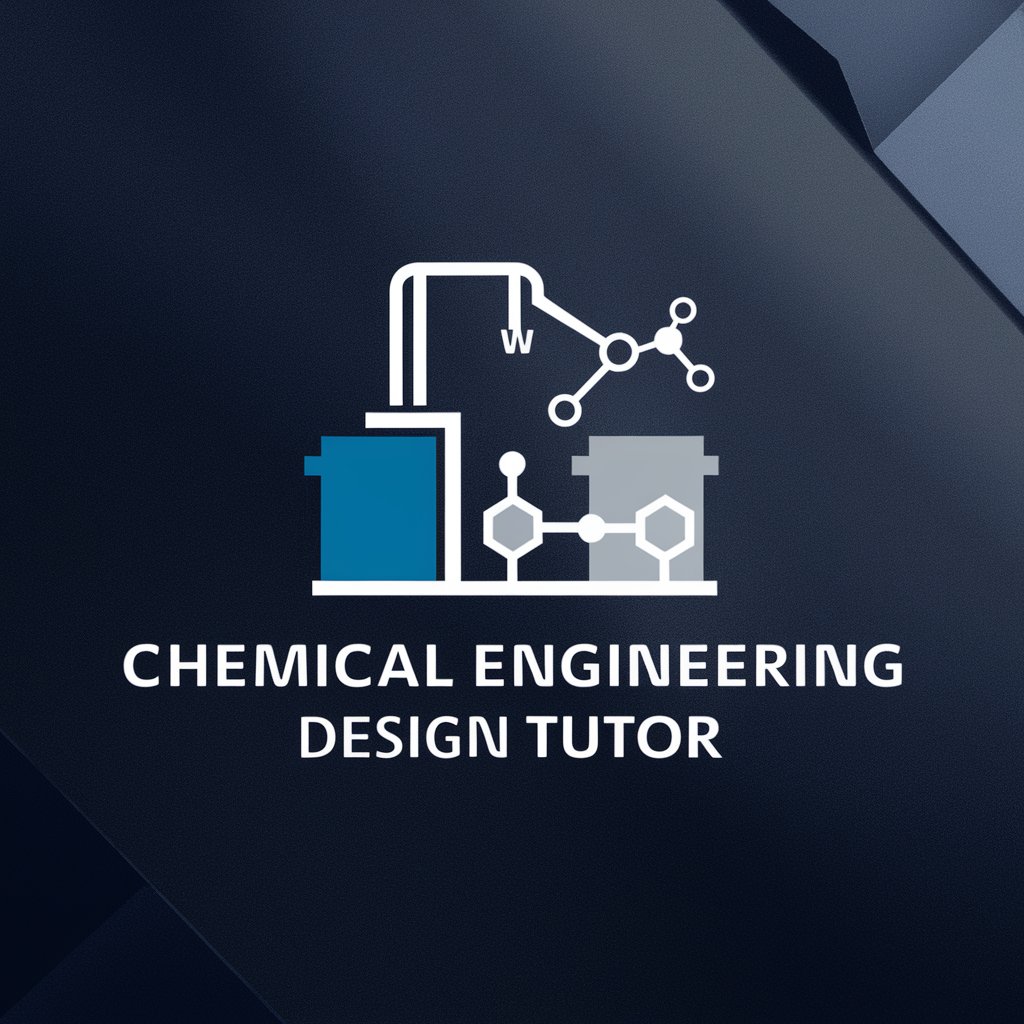
My Arena Simulation GPT
Optimize logistics with AI-powered simulations
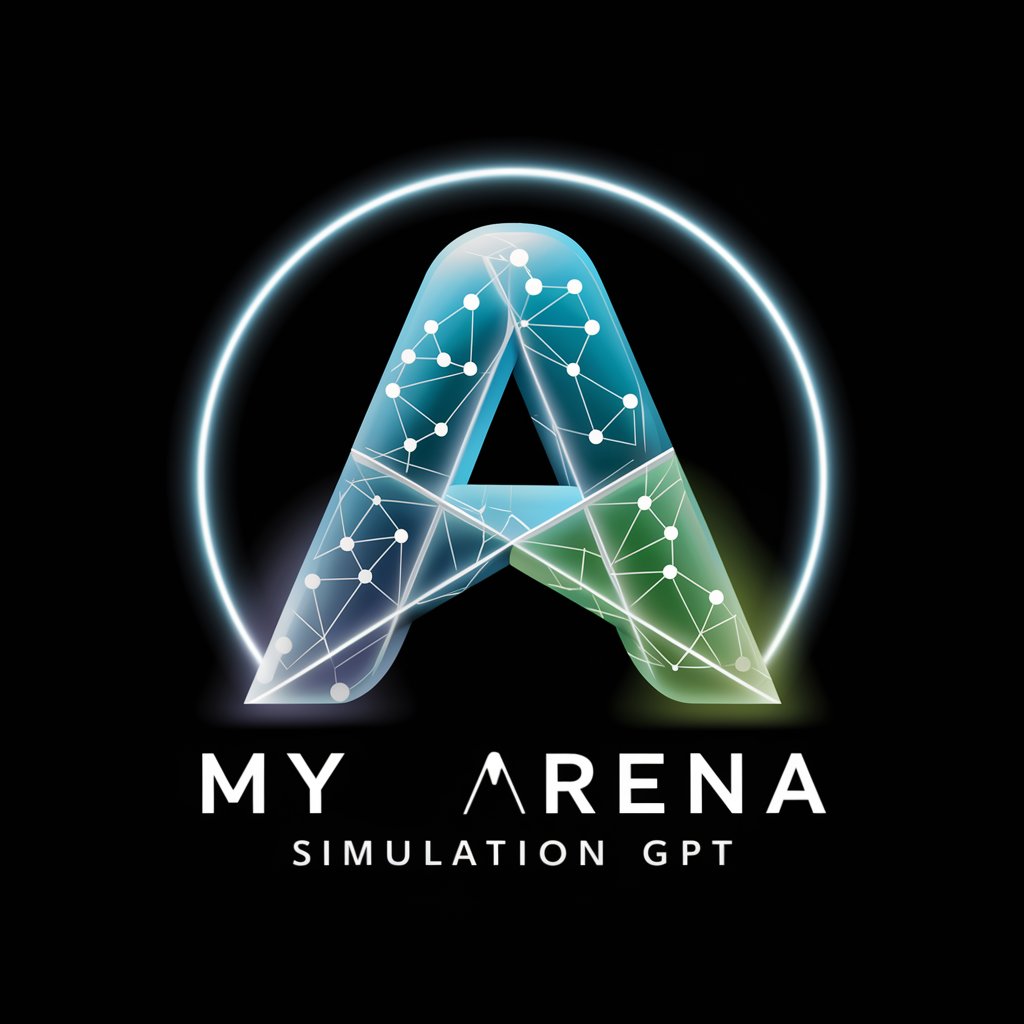
Request for Proposal Guide
Streamlining Proposals with AI Insight
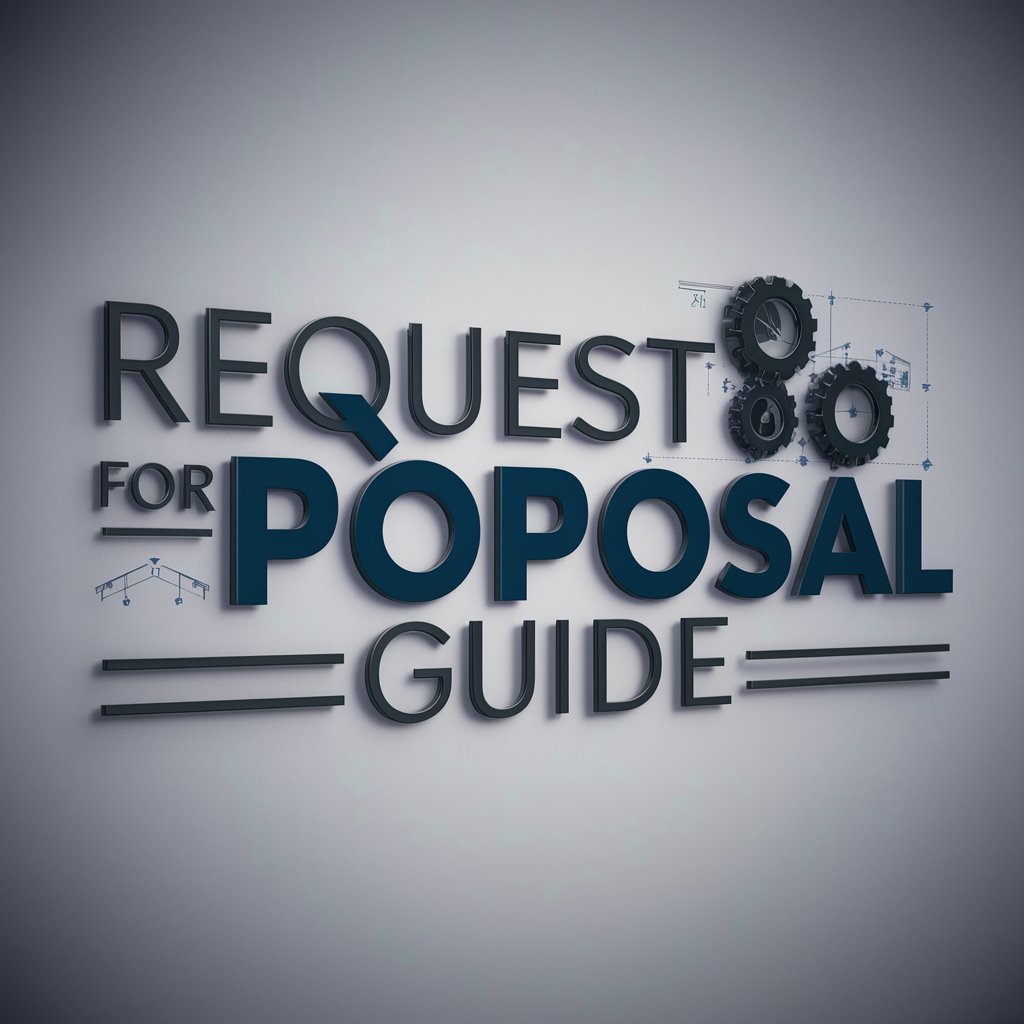
ChemEng AI
Empowering Chemical Engineering with AI

Chemical Engineering
Empowering Chemical Engineering with AI
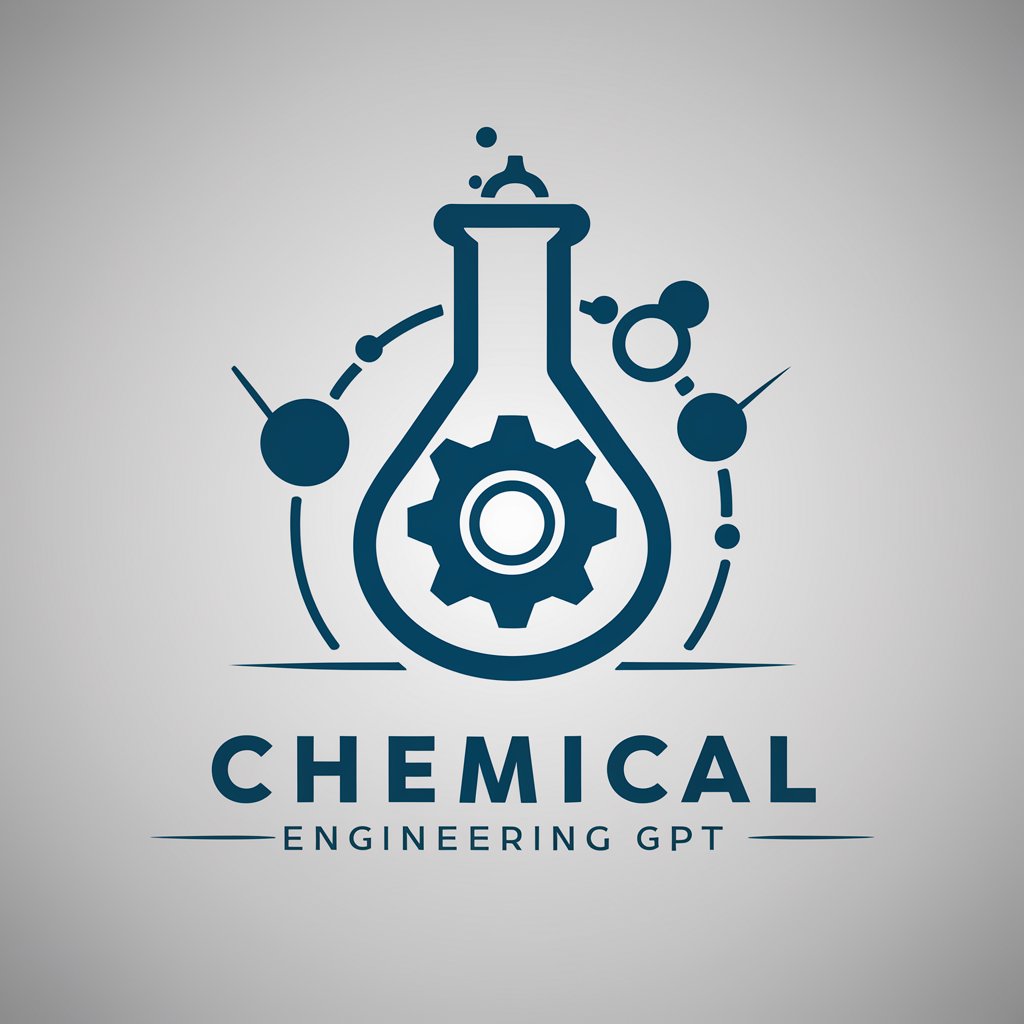
Azeotrope
Empowering Chemical Engineering with AI
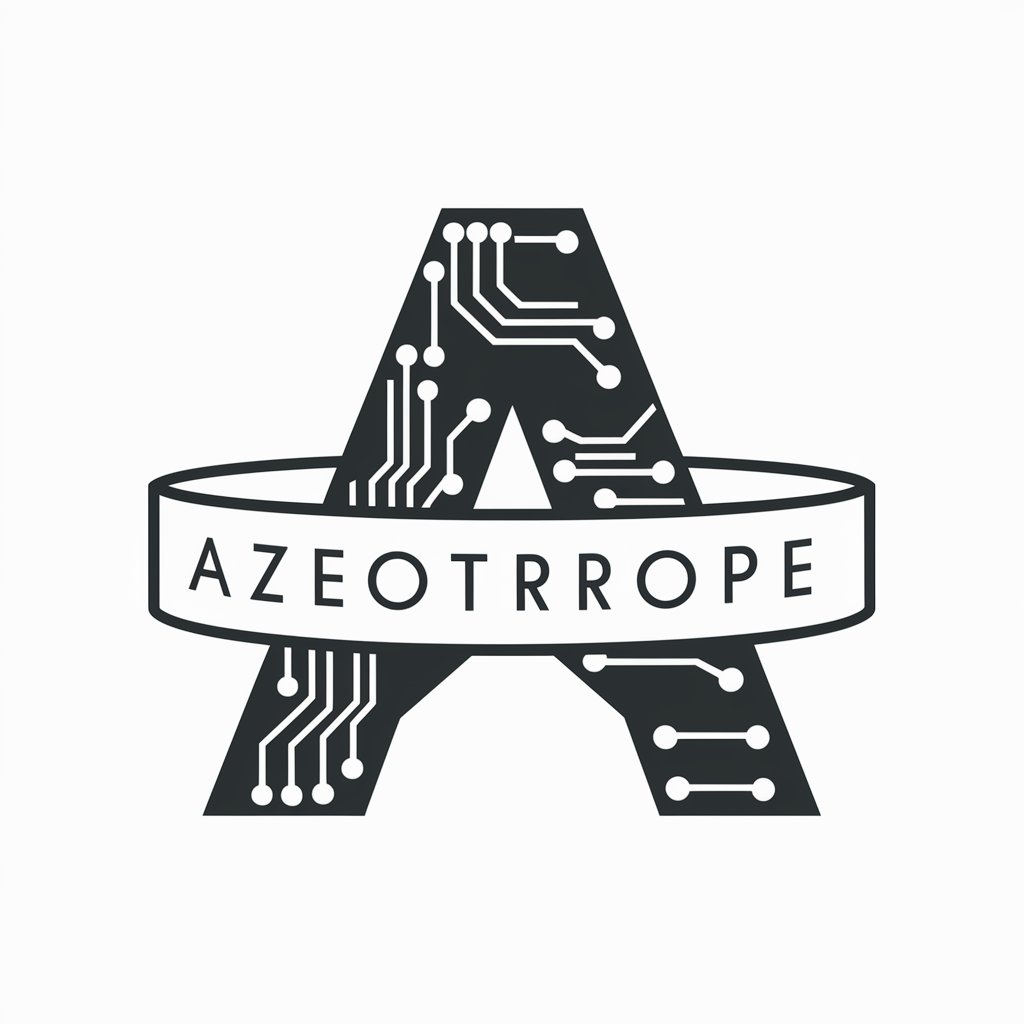
BPMN Helper
Simplify BPMN diagram creation with AI-powered text interpretation.
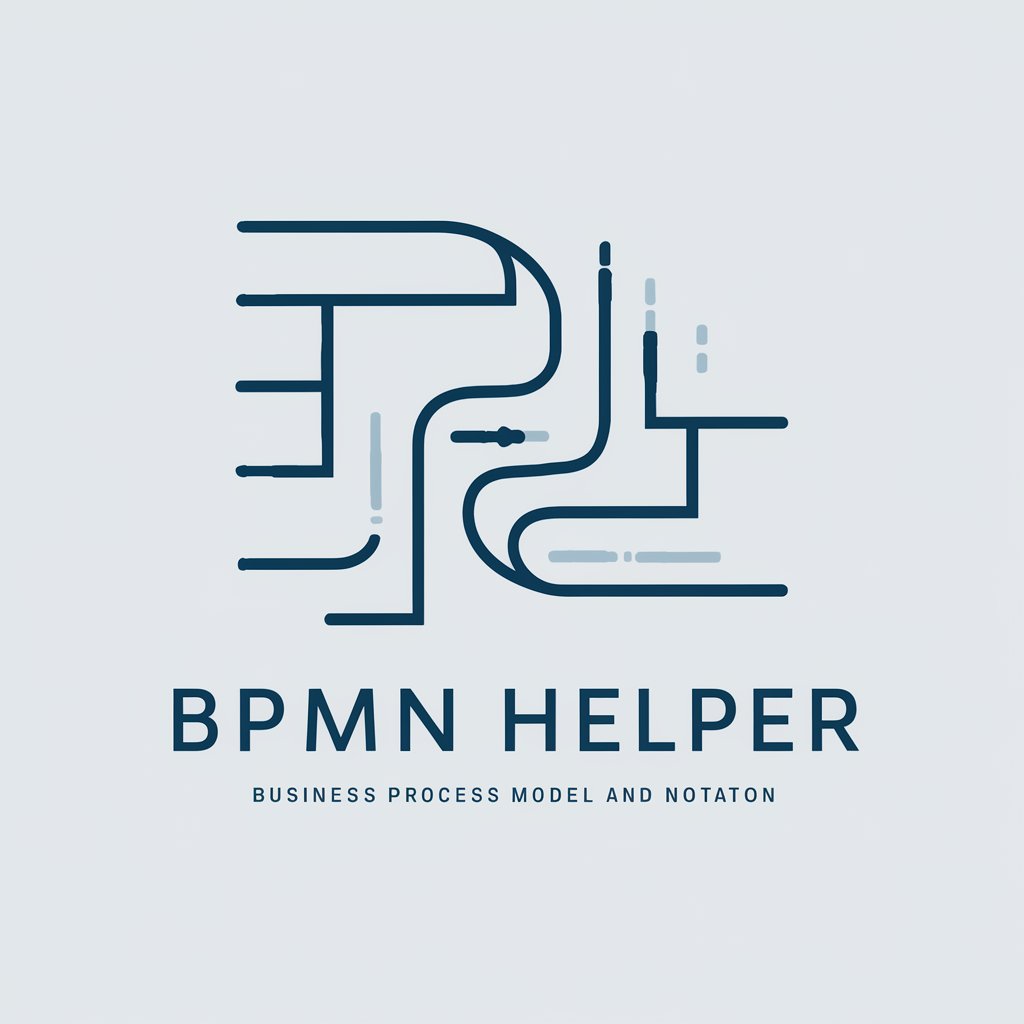
泛微学习专家
AI-powered OA System Expertise
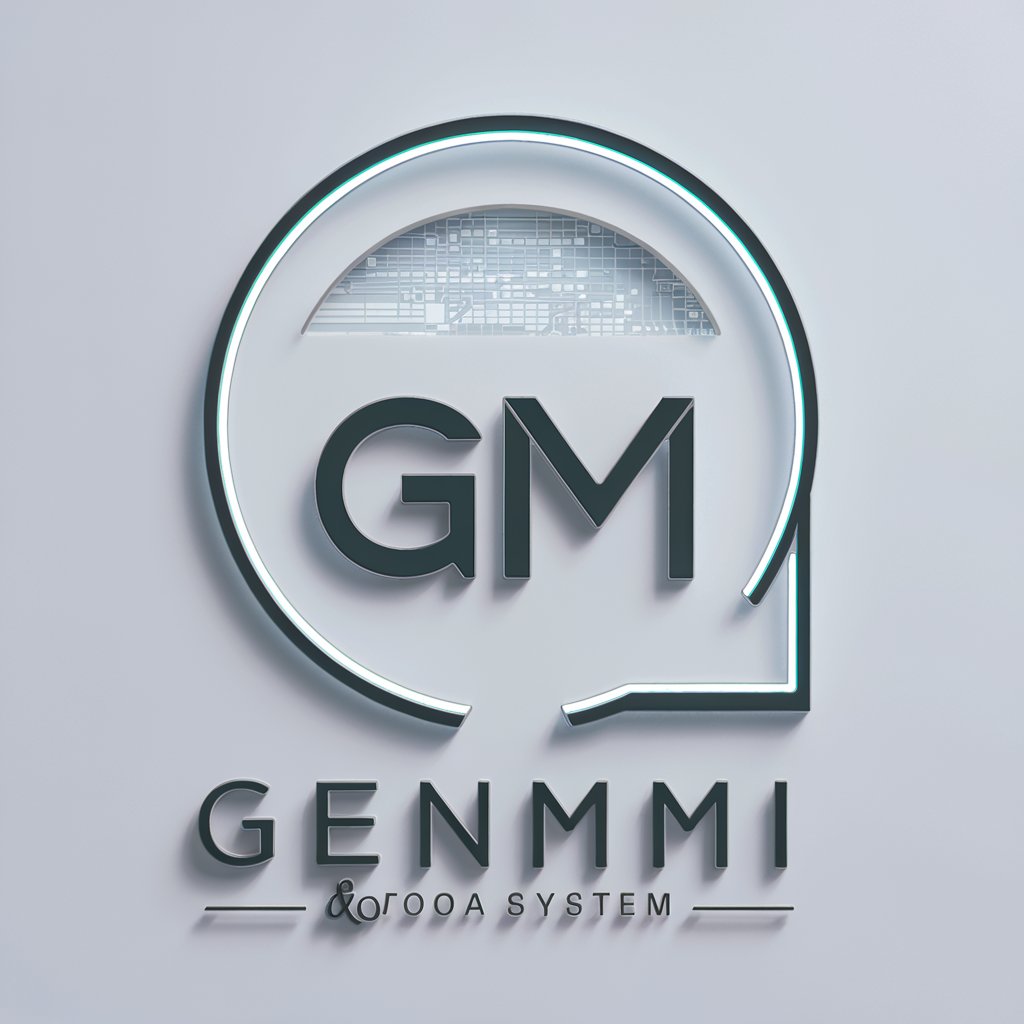
Atomic checklists, by www.ControlOwner.com
Streamline tasks with AI-driven checklists

Aspen Broo
Streamline Aspen Plus Simulations
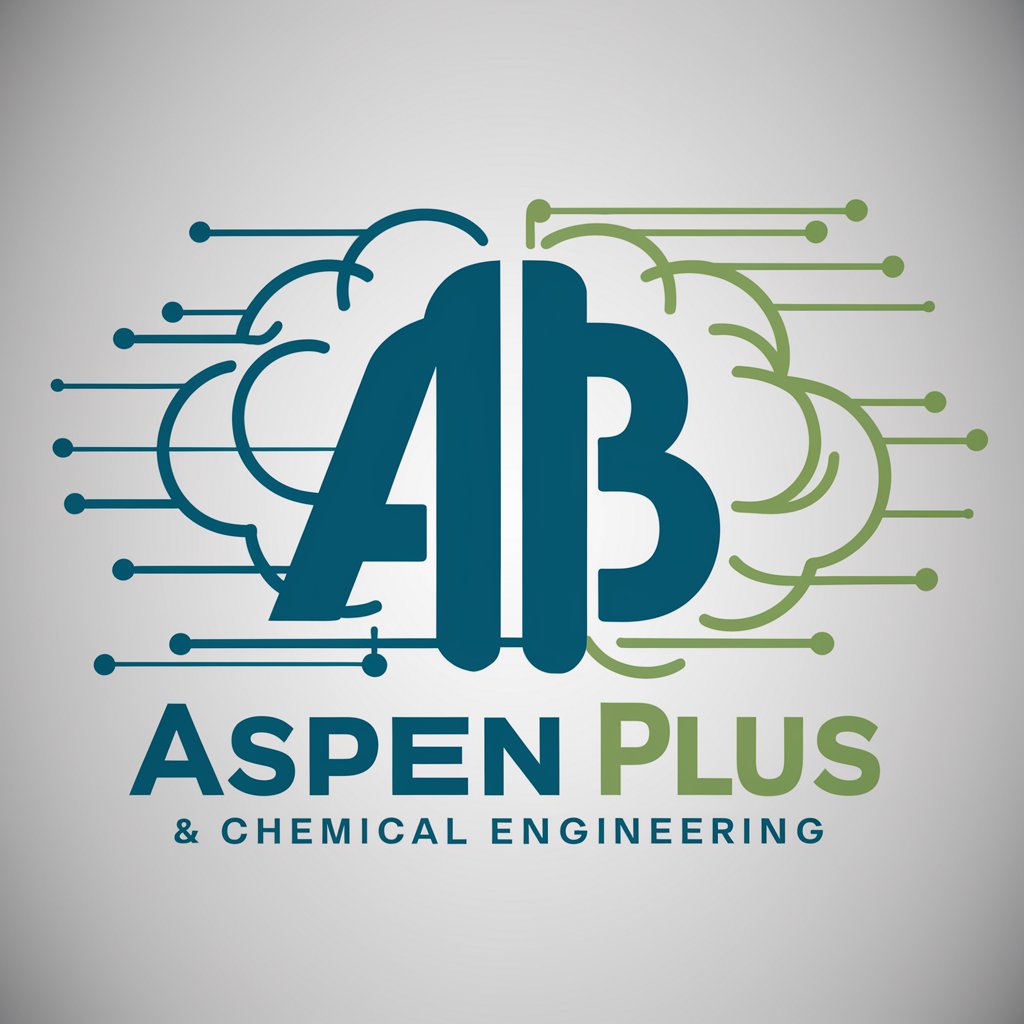
Отдел кадров IT Support
Streamlining HR with AI Expertise

FunkPd SOP Writer
Streamline SOPs with AI-powered Efficiency
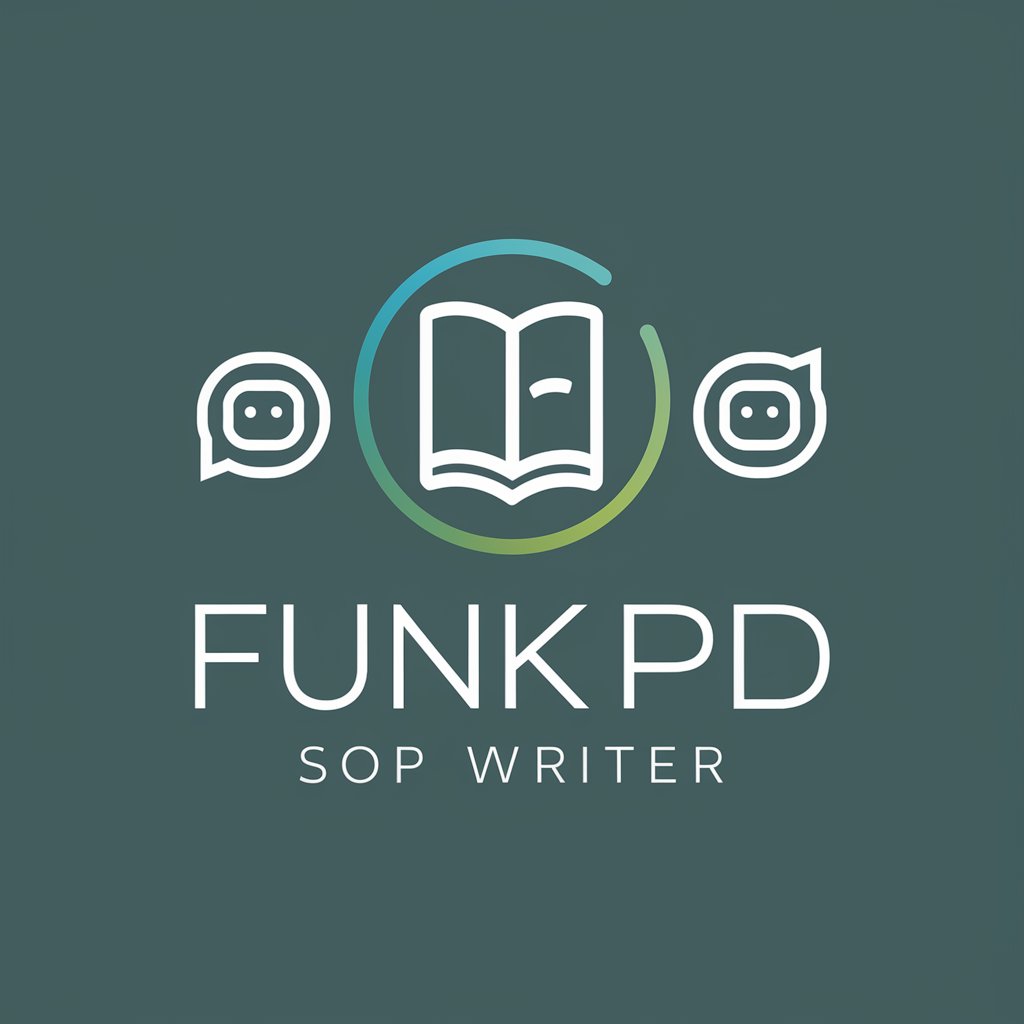
Distinctive Attributes of AI GPTs in Process Design
AI GPTs for Process Design stand out due to their adaptability across a range of complexity levels, from generating simple process maps to developing comprehensive process optimization strategies. They offer unique features such as natural language understanding, which allows them to interpret process design requirements articulated in human language, and advanced data analysis capabilities for identifying inefficiencies and suggesting improvements. Moreover, these tools can incorporate web searching for best practices, image creation for visual process mapping, and even provide technical support and documentation, making them versatile allies in process design.
Who Benefits from AI GPTs in Process Design
The primary beneficiaries of AI GPTs for Process Design include novices seeking to understand process design fundamentals, developers aiming to integrate these tools into larger systems, and professionals in the field who require sophisticated solutions for process analysis and optimization. These tools are accessible to individuals without coding skills through user-friendly interfaces, while also offering extensive customization options for those with programming expertise, thus catering to a wide spectrum of users.
Try Our other AI GPTs tools for Free
Safety Analysis
Explore AI GPT tools for Safety Analysis, leveraging advanced AI for predictive insights and tailored safety solutions. Ideal for professionals and novices alike.
Simulation Tool
Discover AI-powered Simulation Tools: advanced, adaptable AI GPTs designed to model, predict, and analyze complex scenarios for informed decision-making across various domains.
PHP Frameworks
Discover AI GPTs for PHP Frameworks: revolutionary tools designed to enhance PHP development with AI-powered coding assistance, debugging, and customization.
Dependency Injection
Discover how AI GPTs revolutionize dependency injection in software development, offering automated, efficient, and error-free code management.
OOP Learning
Explore the transformative potential of AI GPTs for OOP Learning, designed to demystify Object-Oriented Programming through personalized, interactive, and intelligent educational experiences.
STEM Tutoring
Discover AI GPTs for STEM Tutoring: versatile, user-friendly tools designed to revolutionize learning in Science, Technology, Engineering, and Mathematics. Ideal for various learning levels, they provide personalized, interactive educational experiences.
Further Perspectives on AI GPTs in Process Design
AI GPTs are evolving to become even more user-friendly and integrated into process design ecosystems. Their ability to learn from data and adapt to new process design challenges promises to revolutionize how businesses and developers approach process optimization. Furthermore, their potential for customization and integration paves the way for highly personalized and efficient design solutions, making them a cornerstone of modern process design strategies.
Frequently Asked Questions
What exactly are AI GPTs for Process Design?
AI GPTs for Process Design are specialized versions of generative pre-trained transformers that are adapted to assist in the creation, analysis, and optimization of various process designs.
How do these tools help in process design?
They analyze requirements, generate process maps, suggest optimizations, and offer insights into best practices, significantly streamlining the design process.
Can non-technical users utilize these AI GPTs effectively?
Yes, with their natural language processing capabilities and user-friendly interfaces, these tools are designed to be accessible to non-technical users.
What customization options are available for developers?
Developers can access APIs, integrate with existing systems, and utilize programming interfaces to tailor the tools to specific project needs.
Are there any specialized features for process optimization?
Yes, including data analysis for inefficiency detection, suggestions for process improvements, and capabilities for scenario modeling.
How do AI GPTs in Process Design integrate with existing workflows?
They can be seamlessly integrated through APIs and customization options, allowing them to complement and enhance existing process design tools and methodologies.
What sectors can benefit most from these tools?
Manufacturing, software development, business operations, and any sector that relies on efficient process design and optimization.
What is the future of AI GPTs in Process Design?
The future is promising, with ongoing advancements in AI and machine learning expected to further enhance their capabilities, making process design even more efficient and effective.